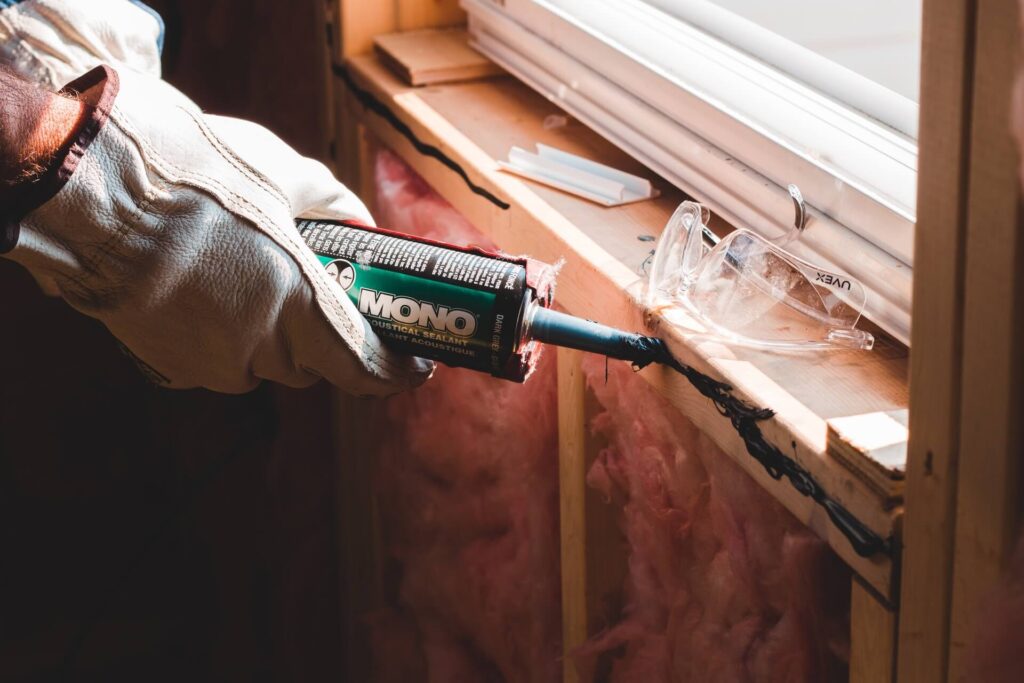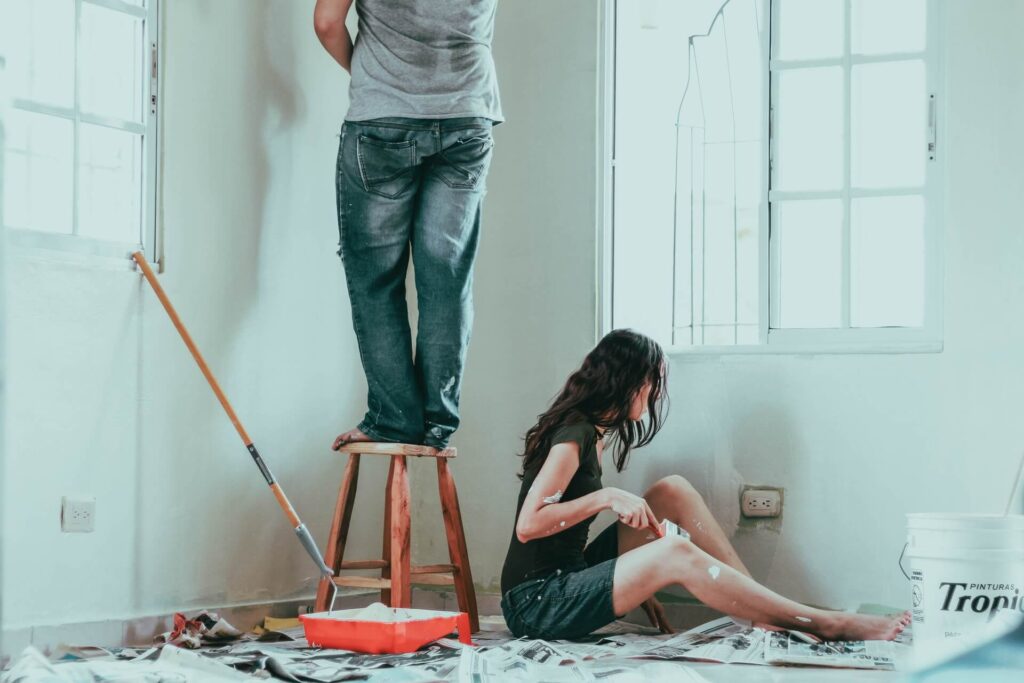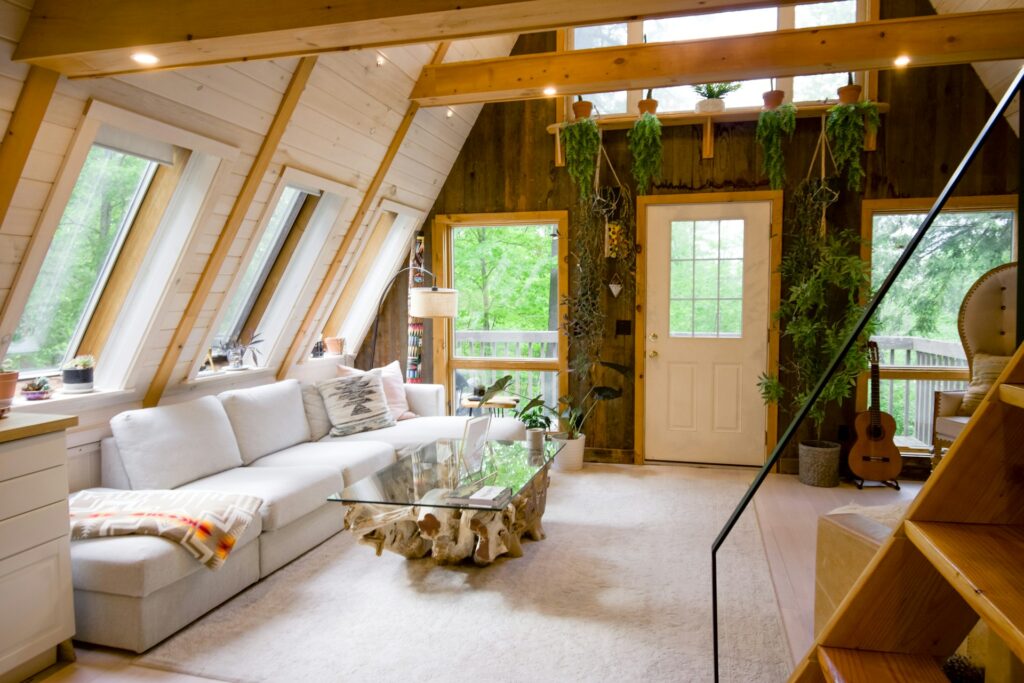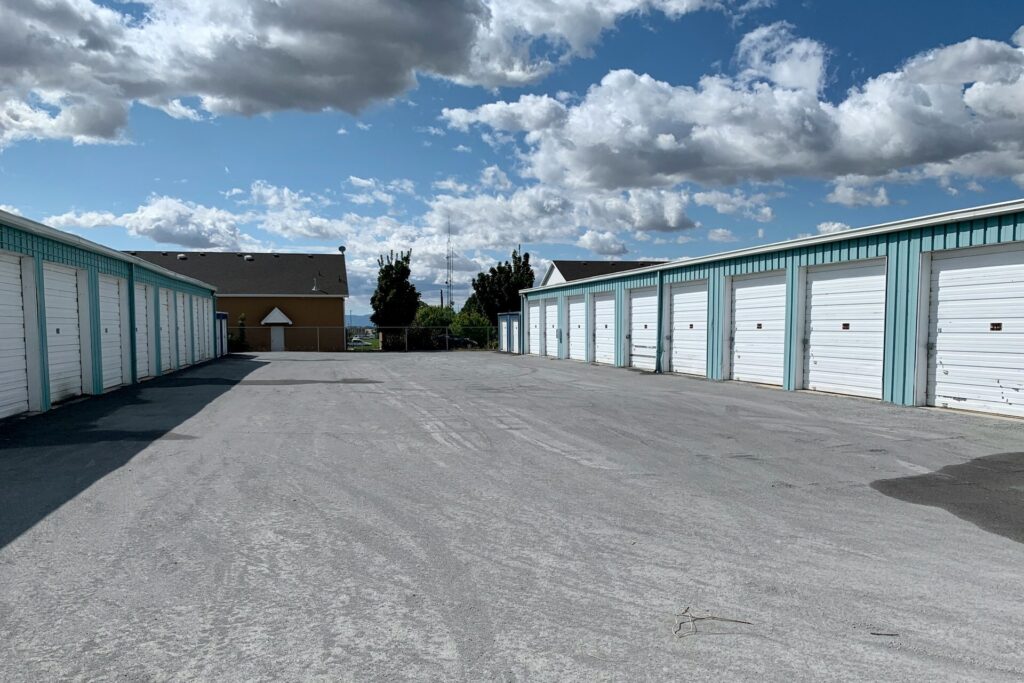
We are reader-supported. When you buy through links on our site, we may earn an affiliate commission.
The United States needs millions of residential units to close the gap between supply and demand. House flipping is an effective way to prevent this housing crisis from going to waste. However, it can be incredibly risky for novice investors, so you learn how to start flipping houses the right way to turn distressed properties and fixer-uppers into gold.
What Is the 70% Rule in House Flipping?
The 70% rule in house flipping states that you shouldn’t buy a distressed property or a fixer-upper worth more than the difference between 70% of its after-repair value (APV) and total repair and upgrade costs.

Say a house’s APV is $400,000 and you expect to spend $60,000 to bring it up to code and make it marketable. Seventy percent of $400,000 is $280,000. Then, deduct $60,000 from it. The remainder is $220,000 — the maximum offer you should make to acquire the property.
Calculating the maximum amount you should spend on a flippable house is easy. The hard part is estimating the unit’s APV and renovation costs accurately.
Check out the selling prices of five local comparable homes to determine the APV. Public and private databases have those listings, so work with what you have.
If you want to invest in a cold real estate market, you can use appraisals instead of recently sold home listings to find comps. Beware of bias because some appraisers favor higher-value comps, which may skew property prices.
Afterward, determine each comp’s price per square foot. Average out your findings and base your APV on this figure.
Regarding renovation costs, you can intelligently guess how much the project will set you back with experience. If you can’t do the math, use a home inspector to identify every alarming issue you must address to make the property occupancy-ready. Once you have a list of work items, get estimates from relevant contractors.
How to Start Flipping Houses
Quantity over quality matters in house flipping, so there’s pressure to add value to as many unwanted properties as possible. The problem is that flipping houses is a challenging skill to master. The process involves lots of moving parts, increasing the likelihood of errors. Every little thing that goes wrong can eat into your profit.
Remember these tips to prepare yourself for this profitable but daunting undertaking.
Consider Getting Licensed
A real estate license is optional to start flipping houses. However, having one can be advantageous on many levels.
Meeting the education requirements to get licensed will deepen your real estate industry knowledge. You’ll learn the processes, permits and regulations relevant to house flippers only business insiders know. The fewer blind spots you have, the more successful you’ll be.
Moreover, your real estate license will give you access to multiple listing services (MLSs) — valuable private resources when looking for leads. Being part of the club lets you build an extensive network of real estate professionals who can teach you best practices and connect you to contacts you need to flip properties quickly.
Being a licensed real estate agent means you can assist the public in selling, buying or leasing properties, familiarizing yourself with the psychology of various real estate stakeholders. If you’re competent enough to sell your flipped houses personally, you’ll keep 100% of the pie.
Whether you use your license or not, this feather in your cap can increase your credibility. Many buyers will trust you more than a house flipper with weaker credentials. Think of it as an investment to get more business.
Being a full-fledged licensed real estate agent costs time and money. Spending hundreds of dollars and months of your life to get it is worth it to capitalize on its unique benefits in house flipping.
Determine Your Budget
Figure out how much you can afford to invest in a house and use it as your guide in choosing where to flip properties. Location will affect your bottom line because home repair expenses, taxes, insurance and utilities vary from jurisdiction to jurisdiction.
Deeper pockets and broader access to capital give you tremendous latitude in selecting where to invest. However, your resources are limited no matter how abundant they seem. Spend them wisely to maximize your returns. Remember the 70% rule to identify bad deals and avoid paying more than you should.
Explore Financing Options
Capital restrictions can cause you to miss out on lucrative house-flipping opportunities. Leave no stone unturned to take advantage of leverage instead of spending cash out of pocket. Traditional mortgagees and private lenders are excellent sources of funds to finance your investments.
Form Your A-Team
Having a reliable team of experts to execute your strategy matters to beat other buyers to the punch and reduce the gap between purchase and resale dates. Successful flippers forge connections with lenders, home improvement contractors, insurance agents and real estate professionals.
With your A-team, you can understand how much work a house needs to restore its structural integrity and beauty, secure financing fast, and sell it as soon as possible.
Look for Investment-Worthy Homes
The best assets to flip are single-family homes on the brink of foreclosure, real estate-owned properties and fixer-uppers. Their owners want to sell without much negotiation, so they’re your ideal targets. Rehab houses may also be worth your while but can be costly to restore. Follow the 70% rule to avoid ending up in the red.
MLSs, digital classifieds, mortgage lender sites, and some government agencies — like the U.S. Department of Housing and Urban Development — have the best collections of flippable listings. Speaking with real estate agents, brokers and wholesalers can introduce you to homeowners willing to make a short sale and rehab homes.
Set Improvement in Motion
Hire competent tradespeople that offer the best value for money. If you’re on a tight budget, consider budding contractors with few bookings to save money.
Consider building sweat equity in the house if you have time and energy. Contribute through mental effort or physical labor to hire fewer professionals for low-stakes improvements and reduce costs.

Find Sellers Fast
The longer your listings stay on the market, the lesser profit you’ll pocket. Remaining unsold for an extended period may create an impression that they’re undesirable, deterring serious buyers and inviting lowball offers.
Working with an experienced real estate agent helps. Seasoned agents know every trick of the trade to visually and psychologically make homes attractive.

Using a real estate agent means you have to pay a commission. Still, it’s a small sacrifice to liquidate your assets to more dry powder to finance new projects and cover your financial obligations.
Be a Profitable Flipper
House flipping isn’t a slam dunk, but it can be super rewarding when you figure it out. Mistakes are inevitable, but they’re necessary evils to know what works and what doesn’t. As long as you learn how to start flipping houses correctly, you can minimize your errors and begin making bank sooner.







